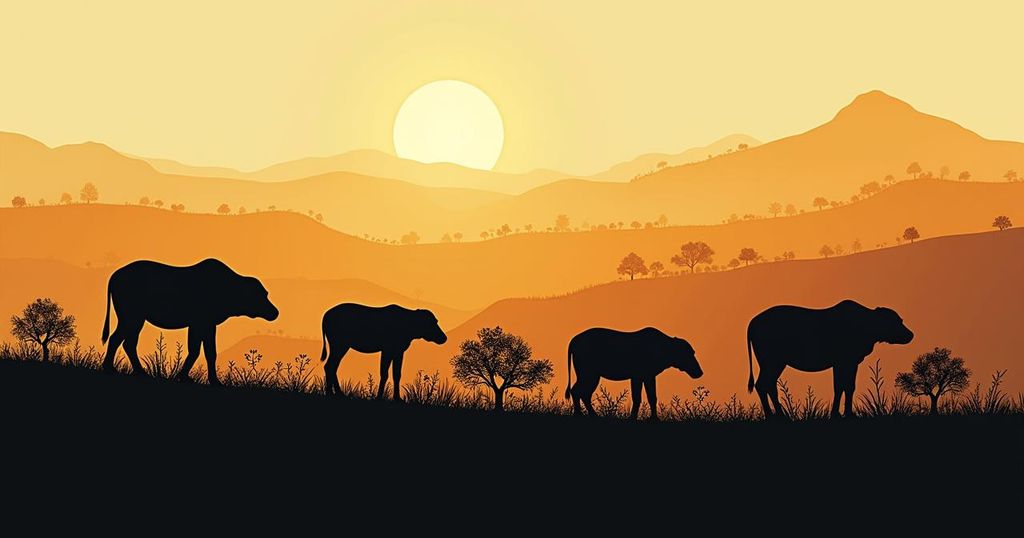Climate change poses major challenges for the South African wine industry, leading to earlier harvests, increased sugar content, and rising alcohol levels. These changes threaten grape quality and marketability while necessitating more pesticide use. Despite generating R10 billion from wine exports in 2023, the industry’s long-term sustainability is at risk due to these climatic shifts.
Climate change presents significant challenges to the South African wine industry, impacting harvest schedules, crop yields, and wine quality. Increased temperatures lead to earlier harvests and higher sugar levels in grapes, which can elevate the alcohol content of the resulting wine, altering its traditional flavor profiles. Furthermore, the unpredictability of weather patterns can cause increased pest populations and the spread of diseases, compelling wine producers to adapt their practices, often with the use of more pesticides. Despite these challenges, the South African wine industry remains robust, exporting approximately 306 million liters of wine and generating R10 billion in 2023 while providing significant employment and support for tourism.
The South African wine industry, renowned both domestically and internationally, faced challenges in 2023 due to the effects of climate change, including rising temperatures and erratic rainfall patterns. As the climate warms, alterations in grape ripening times have been observed, which could disrupt traditional labor practices that rely on the timing of harvests. The increasing frequency of droughts and floods further complicates farming efforts, leading to decreased yields and loss of crops that directly affect the livelihoods of those involved. Additionally, the spike in temperature aids in the proliferation of pests and diseases that threaten grapevines and necessitate more intensive farming practices, which can pose health risks to farm workers.
In summary, the South African wine industry is at a crossroads due to climate change, which threatens agricultural stability, economic performance, and traditional winemaking practices. The industry’s response to these changes will be critical for preserving its reputation and sustainability. Mitigating strategies must be adopted to adapt to the evolving climate while ensuring that the integrity and quality of South African wines remain intact. The ongoing impact of climate change implies that stakeholders must collaborate to secure the industry’s future against these environmental challenges.
Original Source: www.news24.com







